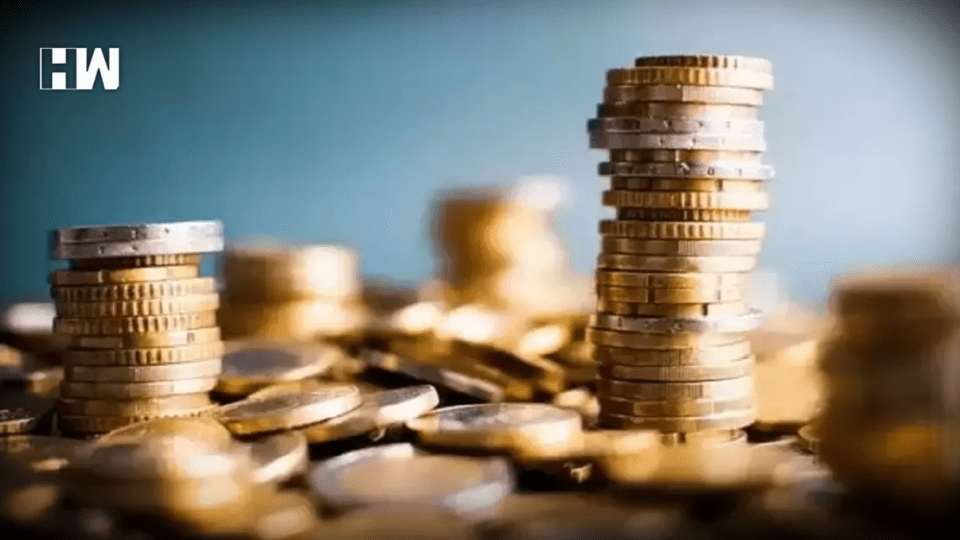The global poverty alleviations charitable organization; Oxfam said the total number of billionaires in India increased from 102 in 2020 to 166 in 2022
Davos: A new study on Monday showed that the richest one per cent in India now owns more than 40 per cent of the global wealth, contrastingly the bottom half of the population share the mere 3 per cent of wealth.
Rights organization Oxfam International claimed that taxing India’s top ten earners at 5% would generate enough revenue to send all children back to school. This statement was made during the release of the India supplement to its annual inequality report on the opening day of the World Economic Forum Annual Meeting here.
It added, “A one-off tax on unrealized gains from 2017-2021 on just one billionaire, Gautam Adani, could have raised ₹ 1.79 lakh crore, enough to employ more than five million Indian primary school teachers for a year.”
According to the report title “Survival of the Richest,” if India’s billionaires paid a single tax of 2% on all of their money, it would provide the country with the required 40,423 crore for the next three years’ worth of malnourished citizens’ food.
Also, Read: Foreign Investors Withdraw Rs 15,000 Cr From Stocks In First 2 Weeks Of 2023
According to the report’s findings on gender inequality, female workers only receive 63 paise for every rupee earned by a male worker.
The disparity is even more pronounced for Scheduled Castes and rural workers; the former earned 55% of what the privileged socioeconomic groups received, while the latter earned only 50% of what urban workers earned between 2018 and 2019.
Oxfam called the report an amalgamation of qualitative and quantitative information to explore the impact of inequality in India.
While government sources like NSS, Union budget documents, parliamentary questions, and so on have been utilized to support claims made throughout the research, secondary sources like Forbes and Credit Suisse have been used to examine wealth inequality and billionaire wealth in the nation.
Oxfam India CEO Amitabh Behar said, “The country’s marginalized – Dalits, Adivasis, Muslims, Women and informal sector workers are continuing to suffer in a system which ensures the survival of the richest.
Furthermore, The poor are paying disproportionately higher taxes, spending more on essentials items and services when compared to the rich. The time has come to tax the rich and ensure they pay their fair share,” Behar said.
Behar has urged the Union Finance minister to implement progressive tax measures wealth tax and inheritance tax, which he said have been historically proven to be effective in tackling inequality.
As an independent media platform, we do not take advertisements from governments and corporate houses. It is you, our readers, who have supported us on our journey to do honest and unbiased journalism. Please contribute, so that we can continue to do the same in future.

